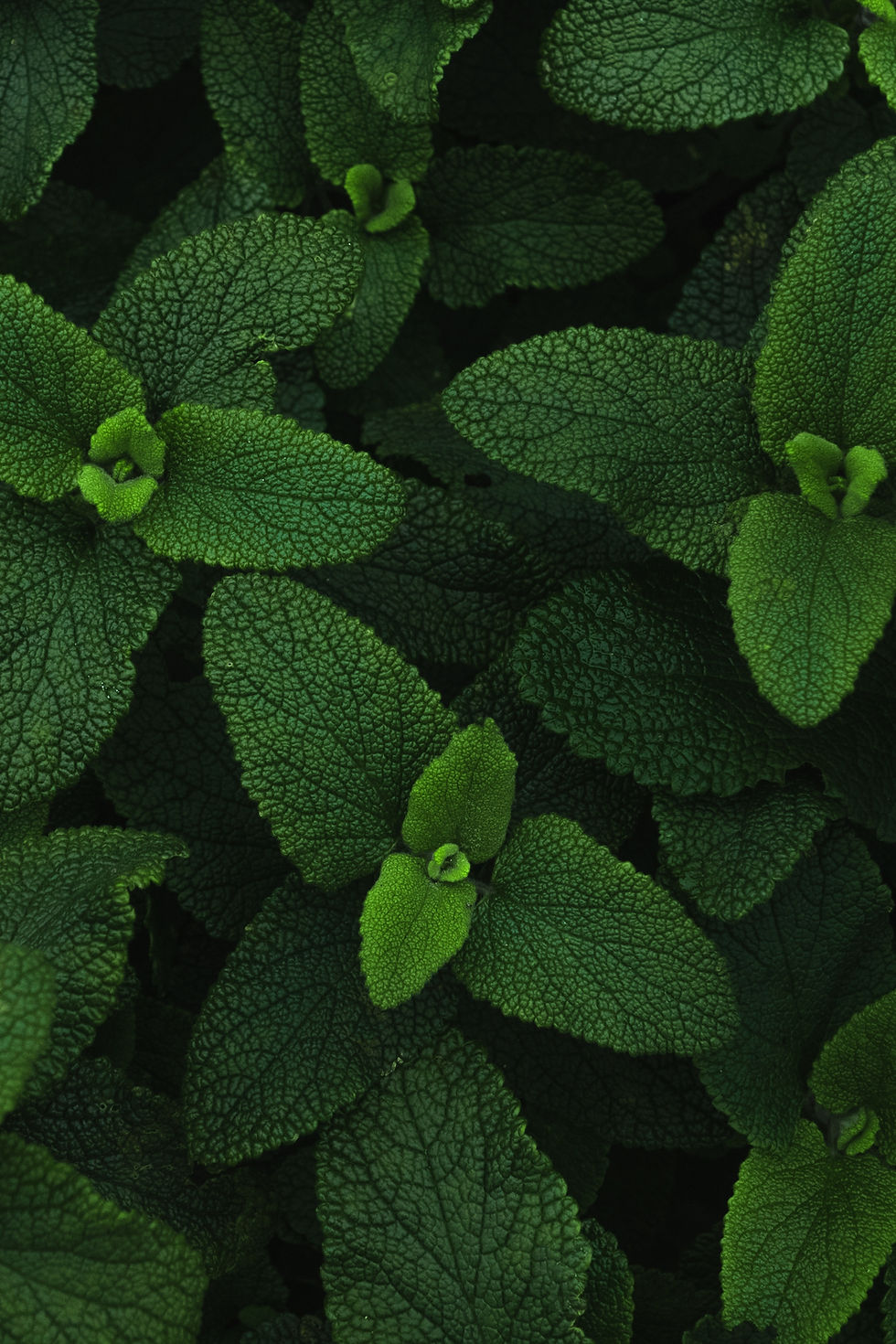A Beginner’s Guide to Essential Oils
- Daniel Bru
- Feb 2
- 4 min read

If you're new to essential oils, you're about to embark on a journey into the world of natural wellness. Essential oils have been used for centuries for their therapeutic benefits, offering a natural, holistic way to improve your health and well-being. Whether you're looking for relaxation, better sleep, or just a natural boost, essential oils can help support a balanced lifestyle.
In this guide, we’ll introduce you to the basics of essential oils, how to use them, and some of the best oils to start with. Let’s dive in!

What Are Essential Oils?
Essential oils are highly concentrated plant extracts that capture the natural fragrance and healing properties of plants. These oils are usually extracted through steam distillation or cold pressing and contain powerful compounds that can support everything from your physical health to your emotional well-being.
Each essential oil has its own unique properties. For example, lavender is known for its calming effects, while peppermint is invigorating and refreshing.
How Do Essential Oils Work?
Essential oils work by interacting with your body in various ways, primarily through aromatherapy, topical application, and sometimes inhalation.
Aromatherapy: When inhaled, the molecules in essential oils travel through the olfactory system to the brain, where they can influence mood, emotions, and even memory.
Topical application: Some essential oils can be applied to the skin (with proper dilution) and absorbed into the bloodstream, where they can promote relaxation, alleviate pain, or improve skin conditions.
Inhalation: Diffusing essential oils into the air allows you to breathe in their beneficial molecules, promoting wellness in your environment.
How to Use Essential Oils Safely
Before you begin using essential oils, it's important to keep safety in mind:
Dilution: Essential oils are potent, so always dilute them with a carrier oil (such as coconut or jojoba oil) before applying them to your skin.
Patch test: Do a patch test on a small area of skin to ensure you don’t have an allergic reaction.
Inhalation: Use a diffuser to spread essential oils in your home or office, or place a few drops on a cotton ball and breathe in the scent.
Consult with a healthcare professional: If you are pregnant, nursing, or have any medical conditions, it’s always best to consult with a healthcare provider before using essential oils.
Benefits of Essential Oils
Essential oils offer a wide range of benefits for your body and mind. Here are some of the most popular oils and their uses:
Lavender: Known for its calming and soothing properties, lavender is great for reducing stress, anxiety, and promoting better sleep. You can use it in a diffuser before bed or apply it topically to pulse points for relaxation.
Peppermint: Peppermint oil is invigorating and energizing, often used for headaches, muscle pain, and improving focus. Add a drop or two to a diffuser or mix with a carrier oil and apply it to sore muscles.
Tea Tree: With its powerful antibacterial, antiviral, and antifungal properties, tea tree oil is a go-to for skin issues like acne, fungal infections, and minor cuts. It can be applied topically when diluted with a carrier oil.
Lemon: Known for its uplifting and energizing effects, lemon oil is often used to boost mood, clear the mind, and freshen the air. It’s also known for its detoxifying properties and can be added to cleaning products or diffused to purify the environment.
Eucalyptus: Eucalyptus is commonly used for respiratory issues, as it helps clear sinuses and promote deep breathing. It’s also great for muscle relaxation and can be added to a warm bath or used in a diffuser during colds or allergies.
Starter Oils for Beginners
As a beginner, it's helpful to start with a small selection of essential oils that cover a wide range of uses. Here are some beginner-friendly oils that are versatile and easy to incorporate into your daily life:
Lavender – For relaxation, sleep, and skin care.
Peppermint – For energy, headaches, and muscle relief.
Tea Tree – For skin care and immune support.
Lemon – For mood enhancement and purifying the air.
Frankincense – For relaxation, emotional balance, and skin rejuvenation.

Ways to Incorporate Essential Oils into Your Routine
Here are some simple ways to begin using essential oils every day:
Diffuser: Add a few drops of your favorite essential oil to a diffuser to create a calming atmosphere in your home or workspace.
Bath: Add a few drops of lavender or eucalyptus oil to your bathwater for a relaxing, therapeutic soak.
Massage: Mix a few drops of peppermint or frankincense with a carrier oil and massage it into sore muscles or tense areas.
Skin Care: Add a drop of tea tree oil to your moisturizer to combat acne or skin irritations.
Sleep Aid: Diffuse lavender oil in your bedroom or place a drop on your pillow to promote better sleep.
Final Thoughts
Essential oils are a natural, effective way to enhance your overall well-being. Whether you’re looking to reduce stress, improve sleep, boost energy, or support your immune system, essential oils can be a powerful addition to your wellness routine.
By starting with a few beginner-friendly oils and learning how to use them safely, you can begin to reap the numerous benefits they offer. Embrace the natural power of essential oils and discover how they can transform your health, one drop at a time.
If you have any questions or need more information, feel free to reach out! We're here to help you on your essential oil journey.










Comments